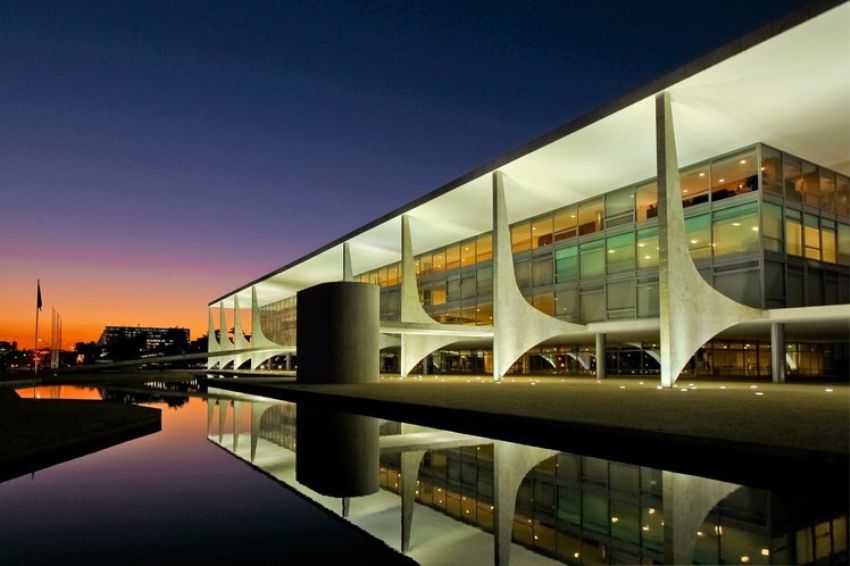A refund of deadlines to comply with the rules set out in the legal framework for self-generation of solar energy, as established in the Bill No. 2703/2022, is a fundamental measure for correct deviations and ensure the application of Law No. 14,300/2022, which have caused countless losses, delays and difficulties for Brazilian consumers.
The statement is from Rodrigo Sauaia, executive president of ABSOLAR (Brazilian Photovoltaic Solar Energy Association). According to him, the ANEEL (National Electric Energy Agency) and energy distributors have not been able to meet several of the law's deadlines, which has directly impacted consumers interested in generating their own renewable energy.
Law 14,300: ANEEL and CNPE do not meet established deadlines
“The law, approved in January this year, provided deadlines and commitments for each party, including a maximum period of up to 180 days, counting from the date of publication of the matter, for its full regulation by ANEEL and implementation by concessionaires and permissionaires. of electrical energy distribution,” he said.
According to the executive, to date, the law has not been complied with, which has caused numerous obstacles, delays, losses and difficulties for Brazilian consumers.
In the entity's view, the PL 2703, authored by Federal Deputy Celso Russomanno, also brings a warning about the lack of transparency in the accounts presented by the Agency and sheds light on the possibility of protecting distributors' revenues and profits. The text proposes to extend the deadline for filing requests for an access opinion by 12 months with the current rules for consumers.
According to the Association, the accounts presented by ANEEL, on the costs of its own generation of renewable energy and the eventual transfer to consumers via the CDE (Energy Development Account), are incomplete and disregard the economic, social and environmental benefits of using solar energy in roofs and small plots of land to the electricity sector, society and the country.
“In addition to the regulator's lack of transparency, which did not make the memory of the calculations presented available, the accounts actually indicate the financial volume that energy consumers will pay to protect distributors' profit margins, since their own energy generation reduces the revenue of concessionaires and can promote a reduction in tariffs for all consumers”, explained Bárbara Rubim, vice president of distributed generation at ABSOLAR.
What is the rush to impose the law?
Hewerton Martins, president of the Solar Entrepreneur Association, commented that law 14,300 was defended by distributors and creates a subsidy without a basis for calculating the effective benefits for all consumers when energy is generated close to their homes.
According to him, currently, for example, there is no inspection, audit and public presentation of how much so-called energy losses actually occur in the transmission and distribution process.
“However, ANEEL (National Electric Energy Agency) thinks it is normal to pass on something around 15% in the energy tariff for the consumer to pay, this is a guaranteed profit for the large energy distributors”, pointed out Martins.
“The consumer always pays the bill. For the first time, they can contribute to reducing the electricity bill, for those who install solar and consequently for their neighbor, as it reduces energy losses from long transmission and distribution lines, helps preserve water in reservoirs during the day, avoiding activating the very expensive thermoelectric plants where we all pay a red flag”, he highlighted.
“What catches everyone's attention is because there is a rush to implement a law that they have not fulfilled their part, but they want to receive benefits from subsidies created in this law for energy distributors to earn more”, he concluded.
Expansion of solar
A recent study by the specialized consultancy Volt Robotics, commissioned by ABSOLAR, points out that the growth of own solar energy generation is expected to bring more than R$ 86.2 billion in systemic benefits in the electricity sector to Brazilian society over the next decade. As a result, distributed generation will reduce the electricity bill for all consumers, including those who do not have their own solar system, by 5.6% by 2031.
For Guilherme Susteras, coordinator of the distributed generation working group at ABSOLAR, the regulation of the legal framework is strategic for the future of own renewable energy generation in Brazil and fundamental for sustainable development.
“Therefore, it is necessary that the process of defining rules has a fair and balanced treatment, compatible with the scope and importance of the topic for Brazilian society”, he concluded.
Live about PL 2703
ABGD (Brazilian Association of Distributed Generation), ABSOLAR, MSL (Movimento Solar Livre) and Revolusolar will promote, on November 28th at 9:30 am, on the channel “Speak, ABSOLATE“, on YouTube, a live to discuss Bill 2703/2022.
















